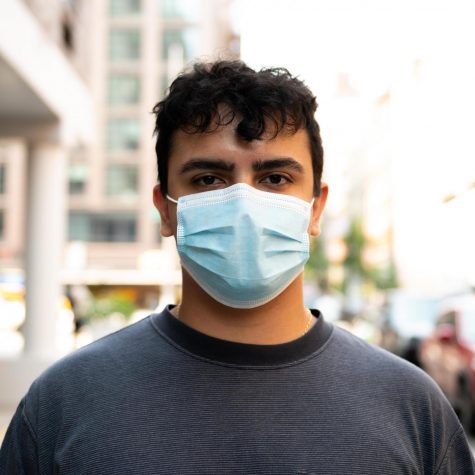The Soapbox: Ethiopia, Ecuador, Germany
The Soapbox is a weekly column by WSN’s news desk, examining the major developments in world news and rounding up the stories we think are worth the read this week. Global consciousness for a global university.
The Soapbox is a weekly news column rounding up stories worth reading for a global university. (Staff Illustration by Susan Behrends Valenzuela)
October 1, 2021
In Ethiopia, humanitarian officials are expelled for “meddling” with armed conflict
Seven United Nations officials have been declared persona non grata by the Ethiopian government. In a post on Twitter, Ethiopia’s Ministry of Foreign Affairs said the officials have been instructed to leave Ethiopia within 72 hours for “meddling in the internal affairs of the country.”
Two days earlier on Sept. 28, UN aid chief Martin Griffiths publicly appealed to the Ethiopian government to end its three-month-long de facto blockade on the northern region of Tigray. The region has been seized in a bloody civil war between Tigrayan nationalists and the federal military since November 2020. In an Associated Press interview on Sept. 29, Griffiths called the aid crisis in Tigray a “stain on our conscience.”
“In Ethiopia, the United Nations is delivering life-saving aid — including food, medicine, water and sanitation supplies — to people in desperate need,” UN Secretary-General António Guterres said in a statement on Sept. 30. “The United Nations is committed to helping Ethiopian people who rely on humanitarian assistance. We are now engaging with the Government of Ethiopia in the expectation that the concerned United Nations staff will be allowed to continue their important work.”
In Ecuador, gangs battle for power inside prison walls
Ecuadorian president Guillermo Lasso declared a state of emergency across the country’s prison system on Sept. 29 after 116 people were killed in a battle between gang members incarcerated at a prison in the coastal city of Guayaquil. Several of the victims were reportedly beheaded. Officials have said the level of violence is unprecedented in the history of Ecuador’s prisons.
Family members gathered outside the prison on Sept. 29 to beg officials for more information about their incarcerated loved ones.
“We want information because we don’t know anything about our families, our sons,” one woman, who asked to remain anonymous, told France24. “I have my son there.”
Approximately 200 people have died in battles inside Ecuadorian prisons in 2021 so far, Al Jazeera reported. Experts told the Ecuadorian daily El Universo that Tuesday’s bloodbath must be seen as the product of “accumulated violence” between criminal networks operating within Ecuador and international drug cartels.
In Germany, a functionary of the Holocaust fails to escape accountability
Holocaust survivors had to postpone their day in court on Sept. 30 after an elderly ex-Nazi tried to skip town and evade her trial on mass murder charges.
According to a spokesperson for the Itzehoe regional court, former concentration camp secretary Irmgard Furchner, 96, fled her retirement home in a Hamburg suburb early on the morning of Sept. 30. Furchner reportedly took a taxi cab to a nearby metro station, but police re-arrested her just hours later. Doctors are now evaluating whether she can be incarcerated until trial considering her age, The Guardian reported.
Furchner has been charged with aiding and abetting more than 11,000 murders during her time as a stenographer and typist at the Stutthof concentration camp between 1943 and 1945. Nazi authorities deported scores of Polish and Jewish people from across occupied Europe to the prison complex on Poland’s Baltic coast. More than 60,000 people died at Stutthof during World War II.
Survivors were prepared to appear in court today to testify about their experiences and the crimes committed against them at Stutthof. Furchner has been ordered to return on Oct. 19 to hear the charges against her, the Süddeutsche Zeitung reported.
One attorney for the 30 co-plaintiffs testifying against Furchner told Germany’s Deutsche Welle that clients like his aren’t seeking revenge, but simply want to put their experiences on the record in a court of law, saying, “We don’t want this suffering to be forgotten.”
Contact Suhail Gharaibeh at [email protected].

























































































































































